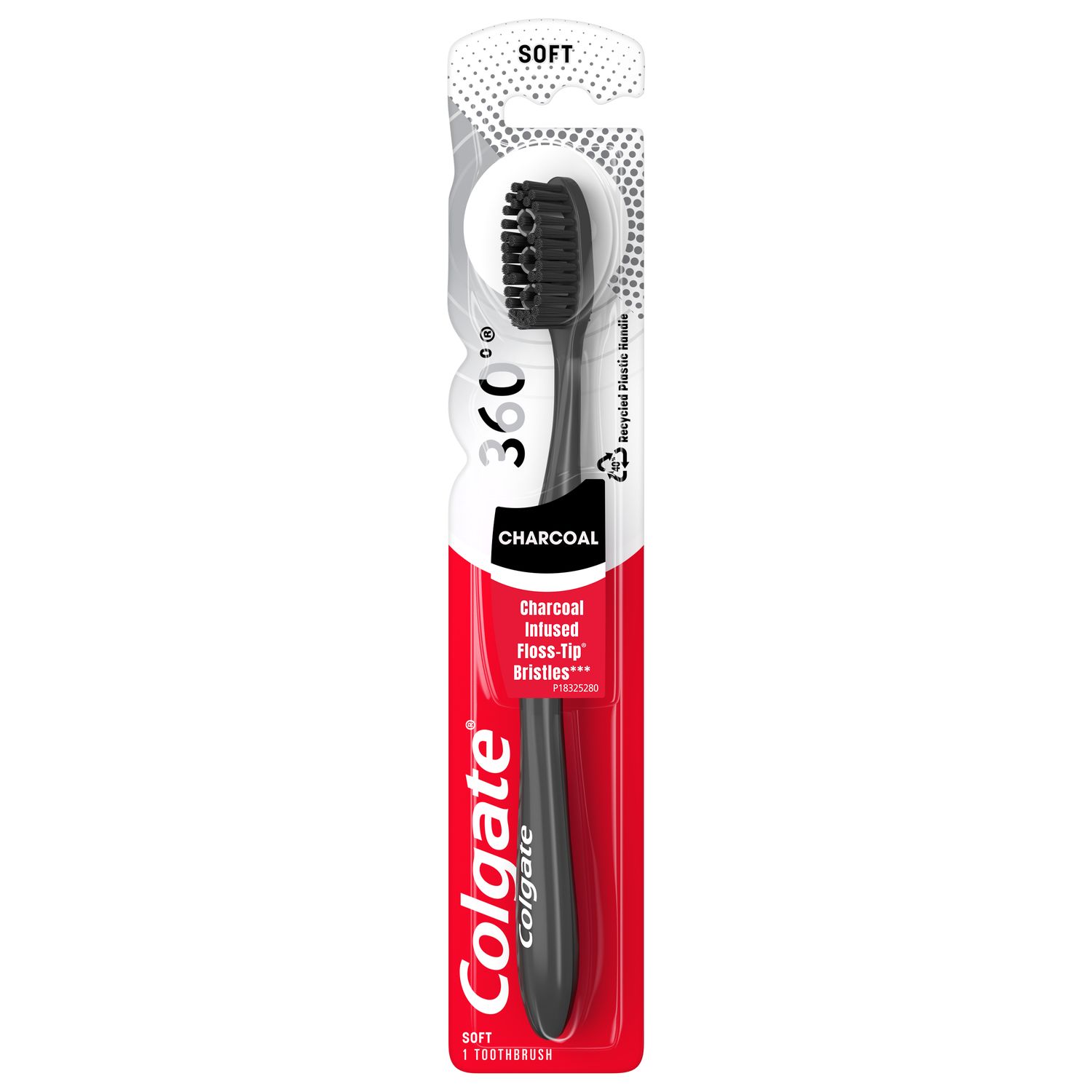Pregnancy Gingivitis
Those hormones rushing through your body are helping create the perfect environment for a baby to grow. However, they also can impact your moods, bladder, and those constant cravings for peanut butter and pickles. Unfortunately, those increased hormones can also cause pregnancy gingivitis, where your gums can swell and bleed. If you notice your gums bleeding more frequently during pregnancy, be proactive and see your dentist. They might recommend more frequent professional cleanings until the baby is born.
While at home, keep up the good work. Use a soft-bristled toothbrush to reduce the chance of irritating your gums, and gently brush your teeth twice a day for two minutes each time. Also, remember to clean between your teeth daily with floss or another interdental device. Swelling makes it easier for bits of food to get stuck in hard-to-reach places.
Pregnancy Tumors
Another less common result of hormonal changes is the formation of pregnancy tumors on the gums. Don't let the name scare you — pregnancy tumors are not malignant. These growths most often appear during the second trimester and look like little raspberries that form between the teeth. Thankfully, they usually disappear once the baby is born, but if they are causing you discomfort or are getting larger, your dentist might recommend removal. You can help prevent pregnancy tumors by maintaining your oral care during pregnancy — including regular brushing and cleaning between your teeth.
Morning Sickness and Your Teeth
Many pregnant women experience morning sickness during their first trimester. If you are regularly getting sick, the acid from your stomach could contribute to tooth erosion. Also, if you suffer from heartburn or acid reflux later in your pregnancy, gastric acid can have the same effect on your teeth. Although it's tempting to brush your teeth immediately after a bout of morning sickness, you can take better care of your enamel by swishing with baking soda and water afterward instead. Baking soda is basic, meaning it helps neutralize the acid from your stomach. Mix about a teaspoon of it into a cup of water, then use the mixture to rinse out your mouth before brushing.
Visiting Your Dentist
When scheduling all of your prenatal appointments, don't forget about your dentist! Your dental professionals can play an important role in keeping your mouth (and your baby) healthy during pregnancy. Let your dentist know when you're pregnant, so they can adjust any treatment plans, such as postponing certain procedures until after your baby is born. According to the American Pregnancy Association, the second trimester is often the ideal time to have minor dental work performed — such as filling a cavity if needed.
Contrary to popular belief, seeing your dental professional for a teeth cleaning and dental x-rays while pregnant is safe. The American Dental Association states that the amount of radiation in a dental X-ray is extremely low and should not harm your child; plus, your dental professional will cover you with a leaded apron to minimize exposure even more.
Pregnancy means big changes to your body and your lifestyle. As you take care of all the preparations for your new baby, don't forget to take care of your teeth and gums. Oral health during pregnancy can cause some challenges, but with a strong oral care routine and help from your dental professionals, you can maintain a healthy mouth and healthy pregnancy.
Oral Care Center articles are reviewed by an oral health medical professional. This information is for educational purposes only. This content is not intended to be a substitute for professional medical advice, diagnosis or treatment. Always seek the advice of your dentist, physician or other qualified healthcare provider
ORAL HEALTH QUIZ
What's behind your smile?
Take our Oral Health assessment to get the most from your oral care routine
ORAL HEALTH QUIZ
What's behind your smile?
Take our Oral Health assessment to get the most from your oral care routine














